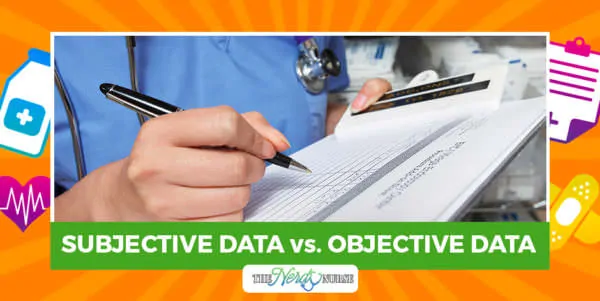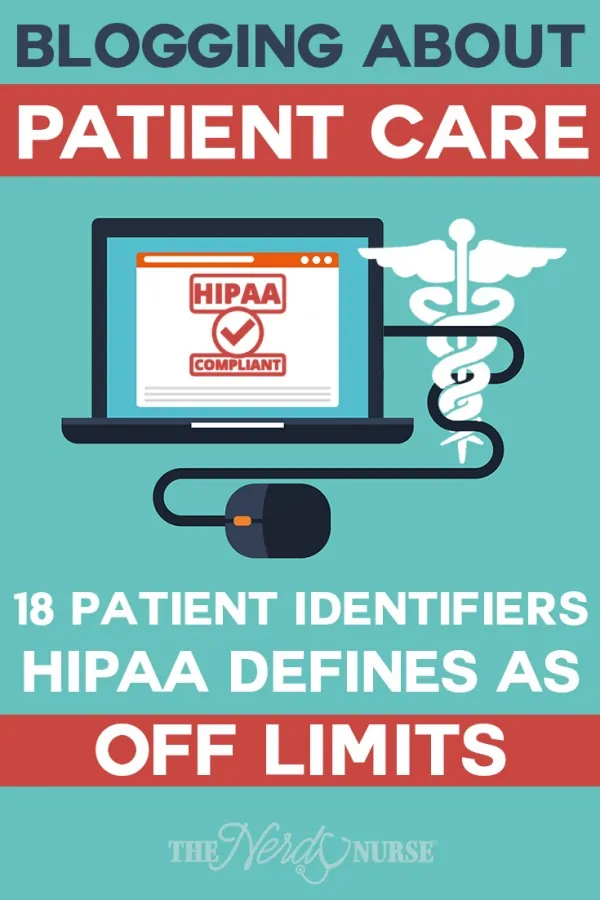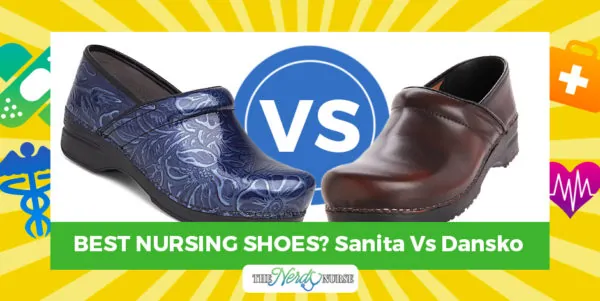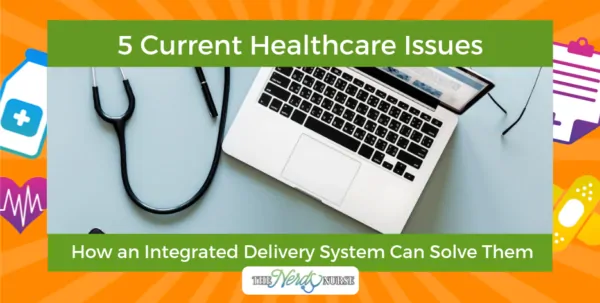If you are thinking about becoming a clinical informatics nurse (or one of the 100-or-so other names we go by) there are some abilities that will help you in your job. These are also excellent strengths to highlight during your interview.
The ability to be proactive.
With the even evolving regulations put in place by CMS and other organizations, it is important that nurses who make a career in healthcare IT make a point to be proactive. There is never going to be a time where we will not be asked to rise to another challenge and meet another expectation. So in order to face these challenges as efficiently as possible, it is important that we think towards the future and implement EHR in as many areas possible without having the need for the iron fist of the government to make the demand. It will make your life much easier and staff you support will be thankful that you are ahead of the curve.
Being an analytical thinker.
If you find that you spend time over-thinking things, then you just might be an analytical thinker. In bedside care being an analytical thinker can be very frustrating since you are constantly wanting more information, more time, and more structure to the decisions you have to make everyday. But the IT world is information robust, filled with structure, and while time may not be plentiful, in the IT world you always have a test system to try things out on first. There are no test patients in bedside care.
So if you find yourself constantly re-thinking your nursing experiences and thinking of ways to make them better, more efficient, and with better outcomes of your patient, you just might be an analytical thinker.
Being able to think outside of the box.
When you work in direct patient contact you don’t have much opportunity to think outside of the box. You are (and should be) governed by evidence based practice, protocols, and policies.
But in the world of clinical informatics you have a greater ability to think outside of the box to solve problems. Since you are often an initiator of change, it helps to be open-minded when it comes to strategies to improve the EMR. And again, since you have a test system you have much more freedom to try out your ideas without any lasting consequences.
Having excellent communication and debate skills.
Much of my everyday work involves voicing the needs of nurses to software companies. Having excellent communication needs is and the ability to debate are vital to getting the things done you need. Depending on the software you support you may have a great deal or very little in the ability to fix problems yourself. And you are limited in functionality to what the software can deliver. So if there is an enhancement you want or need in order to improve workflow for nurses and other healthcare staff, then it is important that you have the ability to communicate this effectively and have answers for the questions you are going to be asked. You have to law down the law in terms of what is needed for your healthcare organization to be successful.
- If it is a regulatory need, then you need the documentation that supports that.
- If it is a workflow issue, then you need specific examples of the issue, why this is causing frustration, and be able to quantify (in some way) the amount of time that is being wasted.
- If it is costing your organization money, then you need to know how much and how often.
- You also need to make it clear that if you’re loosing money because of software inefficiencies that you cannot correct yourself then they will be held accountable.
Being able to switch gears and get involved or uninvolved with projects.
Sometimes in the world of healthcare informatics your organization may choose an EMR software and after doing testing in house, and possibly even a live role-out, they may pull the plug. As clinical IT support if they choose to change software for the EMR you must be able to adapt and learn. You can’t be stuck in the past and long for the way things used to be with the old software. You have to be able to focus your attention on the new project at hand and likely limit or completely eliminate your involvement with your previous projects.
You skills may be needed on a project and your focus will have to switch gears to properly accommodate the healthcare organization you work for.
The ability to embrace change and help others embrace change.
Since you will often be initiating changes in workflow for nurses it is important that you yourself are able to embrace change. The pot surely should not be calling the kettle black in their career. If you can’t embrace change, then how on earth do you expect to support nurses who are expected to embrace change?
Being able to advocate for nerds and nurses at the same time.
As a clinical informatics nurse it is very likely that your office may reside in IT but your heart may reside in nursing. If this is the case you’ll will need to have the ability to straddle the fence. You have to have the ability to advocate for the needs of the nurses as well as the needs of the nerds at the same time. If you feel you can live in both lands efficiently, then congratulations, you just might have found your dream job!
Again the names of clinical informatics nurses vary. You may be called an informatics nurse, an analyst, a nurse informaticist, information technology nurse support, or any number of titles. Your role in nursing is going to be altered, but still very impactful to the patients in the community you serve.





I have been researching a career in clinical informatics as a nurse. I currently have an ADN and I was in an ADN to MSN program for Nursing Informatics. Having no informatics experience I am finding that this degree will not help jump start a career in healthcare informatics. I have decided instead to obtain an Health Information Management Bachelors degree first. I belive this will give me the Health IT foundation I need.
I am finding there is no clear career tract for informatics. The trend tended to be to become involved in a launch of an EMR rollout or become a superuser. Now that most hospital systems have already implemented these rollouts,opportunities seem to be decreasing.
What are your recommendations for achieving a career in clinical/healthcare informatics?
Gabe,
You’re absolutely right. Getting into informatics is HARD.
Most nurses have eased their way in by doing exactly what you described.
However, I can attest there are exceptions to the rule. I myself am one of them.
I got into informatics without an MSN by becoming knowledgeable about the work, having my resume look the part, and being incredibly proficient with technology. I was passionate during my interviewed and confidently proclaimed my ability to learn quickly, solve problems, and think critically. I did it every day as a nurse and was already resolving informatics and IT issues for the nurses I worked with on a daily basis. It certainly helped that I wrote an entire blog about nursing and technology. That’s not something you see every day, so it was impactful and made me stand out.
After I had worked at my first informatics job for about a year, I politely asked my boss why he took a change on a young nurse with just 3 years of clinical experience. He answered very quickly “You were passionate. I could tell you wanted it and would work hard to do whatever you needed to succeed. Some of other nurses I’ve hired that have years of experience, Master’s degrees, and other qualifications were just interested in a job where they could rest. They wanted off the floor. After they got here they couldn’t handle the stress. You spoke about how you wanted the new challenge. I went to bat for you and I’m glad I did.”
He was one one of the best bosses I’ve ever had.
So I’d say it’s half how much you can convince someone you’re right for the job and have someone being willing to bet on you. Passion can make a huge difference.
I was interview on this topic a while back. This may be of some help Tech Savvy? Consider a Career in Informatics Nursing
I just completed my first year as a nurse and am passionate to get in the informatics world, the info provided is just what describe me and now I truly understand my passion for this area. I work in a sub acute unit who are currently on papers and want to scream my head of because of how much time is wasted on writing instead of focusing on patient care. I can’t wait to advocate for the end of papers in health care in almost all setting. Am currently taking an online certificate program in Atlanta tech and working towards getting into the hospital and surely there is great hope in informatics that will improve health care provision.
IK we may be neighbors! I live in Georgia 🙂